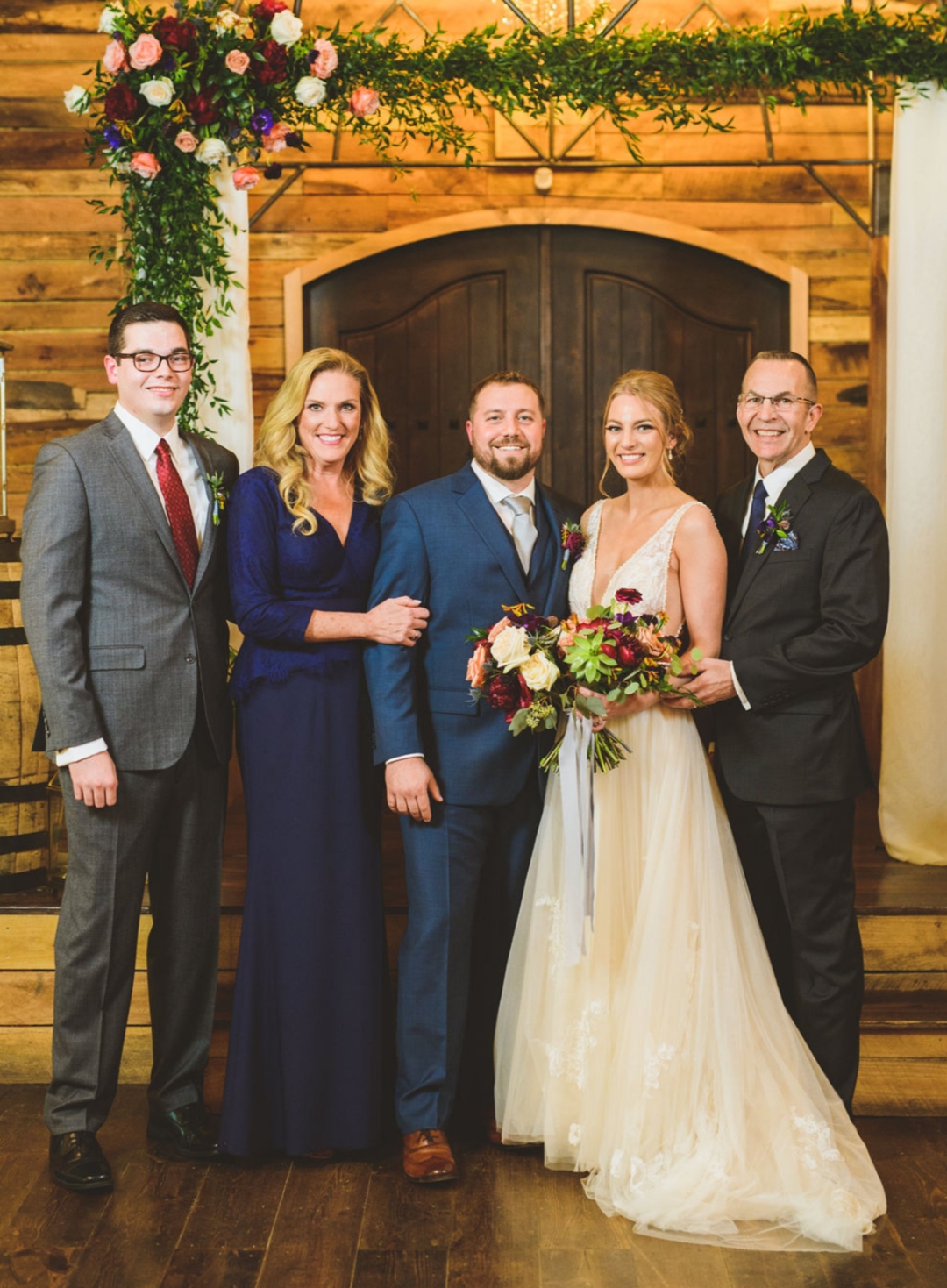Would you be happy to show up to a job if you had a good chance of being physically attacked, yelled at, called names, and faced with hostile behavior? How about adding in a lack of resources, support, and staff?
I’m willing to bet that answer is no.
However, if you work in an assisted living or memory care facility that’s exactly what you could be showing up for on most days. I asked Erika* from my previous post why she chose this line of work and she told me that working in assisted living and memory care wasn’t necessarily her chosen profession but once she started she knew it was what she was meant to do - work from the heart and be helpful however she can.
Working in memory care in particular isn’t an easy job. No day or hour is ever the same even if you’re working with the same resident. What worked yesterday as a pleasant distraction can be met with resistance today. One of the more helpful things the caretakers do is to find out what is important to the resident - is it art? Caring for animals? Music? Religion? For many of the residents, their religious beliefs and hearing stories about those particular beliefs are calming. In addition, their beliefs may provide them an answer when there doesn’t seem to be one or it’s too much to try and figure out. “It was God’s will” seems to be a common response when a resident is faced with something upsetting.
It’s also important to know the right question to ask without putting the resident on the spot. Rather than say, “don’t you remember?” when asked a question that’s been answered over and over in the past, asking why they want to know may open a glimpse into their past that can provide a connection and an opportunity to share a story.
The stories they share are not always happy. One of the residents in memory care, we’ll call her June, once asked if Erika was pregnant when she most certainly was not. Rather than saying “no”, she replied with “why would you like to know?”. June exclaimed that she, too, was pregnant and was afraid to tell anyone. When asked why she was afraid, June told Erika that her husband wouldn’t be happy to hear the news and had beat her for becoming pregnant before. In fact, she had lost children as a result of the beatings. This heartbreaking reality was confirmed by June’s now adult children who had witnessed what their mom had gone through.
Can you imagine how frightened she must have been knowing that her pregnancy would soon become something she couldn’t hide and she wouldn’t be able to protect her baby? She may have never had the chance to share her fears with anyone before but, through her conversation with Erika, she was able to find some solace in the moment she was obviously reliving. Asking the right questions and being willing to listen can be a gift in the moment. The person may not remember the conversation or the time that was spent with them but the feeling of relief or happiness will stay with them.
There are times when even the best intentions can be overwhelming and it’s hard to understand the resistance when it happens. I know this has happened with my mom and it really threw me. When I first moved her here to Oklahoma I had planned to take her out to lunch at a place that she always enjoyed going to when she was visiting. I had told her I was going to be picking her up and taking her out and she was looking forward to it; however, when the day came she told me she no longer liked that restaurant and didn’t want to go out.
At the time, I really didn’t get what was going on with her and I couldn’t figure out why she didn’t want to go. I did ask and all I got was an “I just don’t want to”. Erika has seen this same thing many, many times. Sometimes, she said, even if you’re doing something kind it’s just too much for where their emotional and mental capabilities are at the time.
The people who take care of our loved ones, whether it’s in a facility or home health, are a special breed. Especially now. The turnover rate is high, the hours can be long, and the working conditions aren’t always the best. I’d like to thank the people who show up day after day and pour their hearts into doing the best they can. I don’t know what I would do without them.
* To protect my subject’s identity, their name and other identifying characteristics have been changed.





